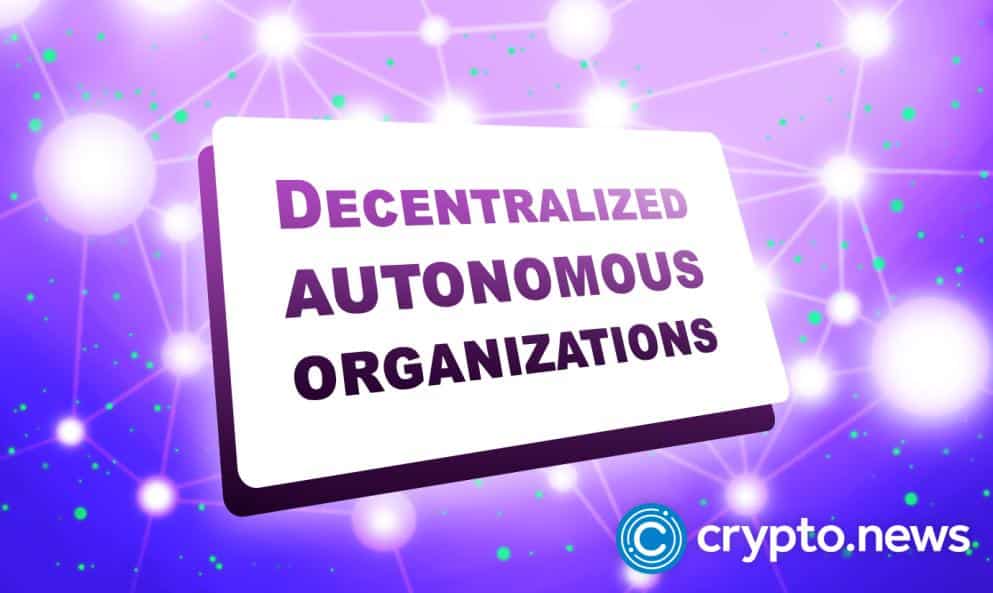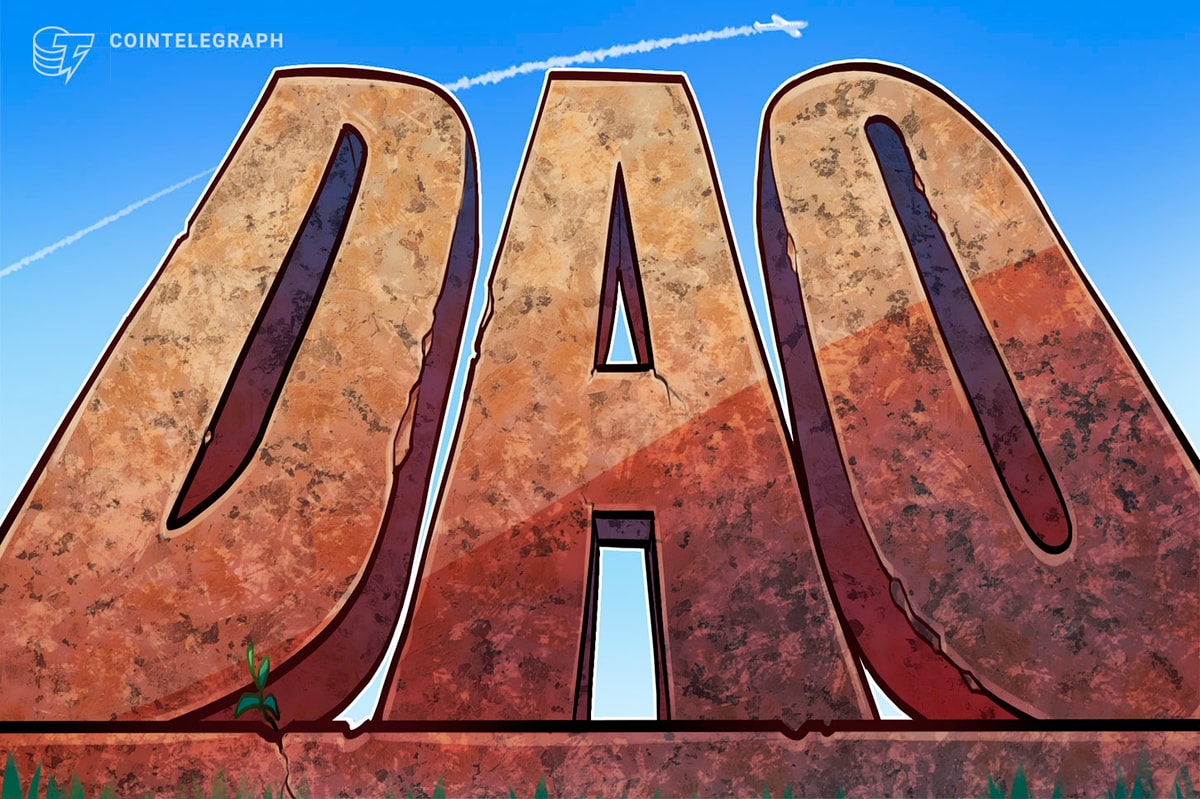A study by Flipside Governance revealed that Maker and Optimism decentralized autonomous organizations (DAOs) are leading a sample of 15 such governance structures in user participation during decision making.
Analyses of 59,800 DAO forum data used to identify absolute participation
The members of the two companies have been recorded as most active in making crucial decisions regarding their respective ecosystems. The study covered 59,800 posts and replies on governance collected from 4,811 discourse discussion threads of the sample.
The mean monthly posts of 14 of the 15 sampled DAOs showed high levels of discursive decision-making within Maker and Optimism.
A study by Flipside Governance revealed that Maker and Optimism are leading a sample of 15 DAOs in user participation in decision-making.
Analyses of 59,800 DAO forum data used to identify absolute participation
The members of the two companies have been recorded as most active in making crucial decisions regarding their respective ecosystems. The study covered 59,800 posts and replies on governance collected from 4,811 Discourse discussion threads of the sample.
The mean monthly posts of 14 of the 15 sampled DAOs showed high levels of discursive decision-making within Maker and Optimism.
Source: Flipside Governance
According to the team, the data is valuable to ecosystems that make decisions through delegate discussions, not programmatically. Participating in off-chain discussions and governance helps shape the principles upon which the DAO is built and the governance trajectory.
Current most salient topics in DAO governance
The issues and solutions of scalability have persisted in crypto and DeFi for years. Matters of scaling dealt with fees and gas prices charged on transactions that still had to be performed in layer-1.
Scaling solutions include multi-layer and cross-chain interoperability and off-chain platforms. Layer 2 solutions emphasize the use of off-chain networks that compute and map the computations to layer 1.
Multi-chain offers compartmentalized and unconnected blockchains that interact through wrapped assets corresponding to assets in another blockchain, while Cross-chain allows connection via bridges.
Delegation of votes has been widely used to solve issues of participation and effective governance within DAO ecosystems.
However, this system has raised concerns about centralization, especially when whales are involved. Solutions to this loophole have involved delegation, self-delegation, and utilization of soul-bound tokens.
The need for compensation is based on the participation and time commitment of the representatives. Thus, it serves as an incentive to reward their contribution.
The team emphasized that computational analysis will ensure users spend less time staying updated on governance issues and more time taking part in them.
Read More: crypto.news









 Bitcoin
Bitcoin  Ethereum
Ethereum  Tether
Tether  XRP
XRP  Solana
Solana  USDC
USDC  Dogecoin
Dogecoin  TRON
TRON  Cardano
Cardano  Lido Staked Ether
Lido Staked Ether  Wrapped Bitcoin
Wrapped Bitcoin  Hyperliquid
Hyperliquid  Wrapped stETH
Wrapped stETH  Sui
Sui  Chainlink
Chainlink  Avalanche
Avalanche  LEO Token
LEO Token  Stellar
Stellar  Bitcoin Cash
Bitcoin Cash  Toncoin
Toncoin  Shiba Inu
Shiba Inu  USDS
USDS  Hedera
Hedera  WETH
WETH  Litecoin
Litecoin  Wrapped eETH
Wrapped eETH  Binance Bridged USDT (BNB Smart Chain)
Binance Bridged USDT (BNB Smart Chain)  Polkadot
Polkadot  Monero
Monero  Ethena USDe
Ethena USDe  Bitget Token
Bitget Token  Pepe
Pepe  Coinbase Wrapped BTC
Coinbase Wrapped BTC  Pi Network
Pi Network  WhiteBIT Coin
WhiteBIT Coin  Aave
Aave  Uniswap
Uniswap  Dai
Dai  Ethena Staked USDe
Ethena Staked USDe  Bittensor
Bittensor  OKB
OKB  Cronos
Cronos  BlackRock USD Institutional Digital Liquidity Fund
BlackRock USD Institutional Digital Liquidity Fund  Aptos
Aptos  NEAR Protocol
NEAR Protocol  Jito Staked SOL
Jito Staked SOL  Internet Computer
Internet Computer  Ondo
Ondo  Ethereum Classic
Ethereum Classic